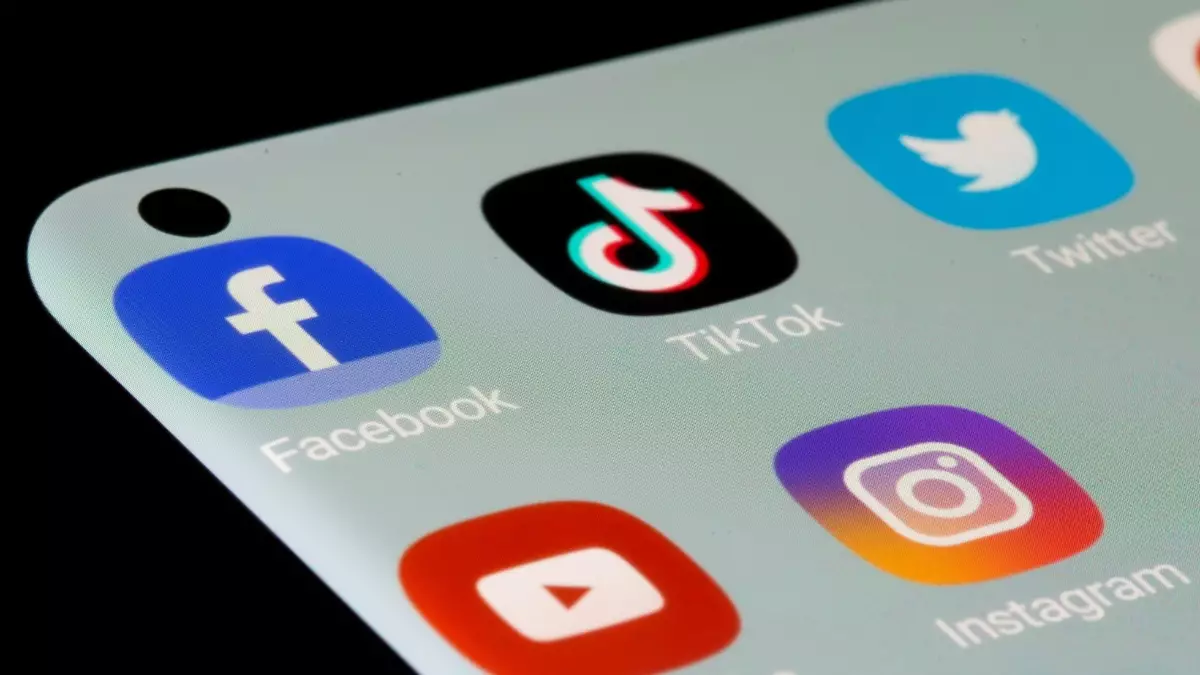Australia is contemplating setting a minimum age limit for children to access social media due to concerns regarding their mental and physical well-being. Prime Minister Anthony Albanese expressed a desire to see children engage in real-life activities rather than spending excessive time on digital devices. The proposed age minimum is estimated to fall between 14 and 16 years old. This move is aimed at addressing the social harm caused by excessive social media use among young individuals.
The announcement of age restrictions on social media has spurred backlash from digital rights advocates. They argue that such measures might push risky online behavior underground, posing a greater threat to children’s safety. Implementing age verification trials before introducing the laws is part of the government’s strategy to navigate the complexities of this issue. Previous attempts to regulate social media use by the European Union have faced challenges related to online rights of minors.
Social media giants, including Meta (Facebook and Instagram) and YouTube, have responded differently to the proposed age limit in Australia. While Meta emphasized empowering young users and providing parental tools for support, YouTube owner Alphabet did not provide a public comment on the matter. The industry’s stance on age restrictions reflects a broader debate around balancing online safety with access to digital platforms for younger demographics.
Critics of the age restriction plan have raised valid concerns about its enforceability and potential unintended consequences. There are fears that underage users might resort to concealing their online activities, leading to further risks. Daniel Angus, from the Queensland University of Technology Digital Media Research Centre, cautioned against hastily implementing restrictions that could exclude young individuals from engaging in positive online interactions. The Australian eSafety Commissioner also highlighted the importance of considering alternative approaches to online safety that do not restrict access to critical support systems.
As Australia grapples with the implications of setting an age limit for social media, stakeholders are encouraged to collaborate in refining the country’s approach to online harms. The eSafety Commissioner and industry bodies like DIGI stress the significance of listening to expert voices and marginalized communities’ perspectives to ensure a comprehensive strategy that safeguards young users. By engaging with mental health experts and LGBTQIA+ groups, policymakers can address the multifaceted challenges associated with regulating social media use among minors.
Australia’s initiative to establish an age limit for social media access reflects a growing recognition of the need to protect children’s well-being in the digital age. However, the complexities involved in implementing such measures require careful consideration and collaboration among various stakeholders. By fostering dialogue and incorporating diverse viewpoints, Australia can develop a balanced approach that promotes online safety without inadvertently isolating young users from essential digital resources.


Leave a Reply